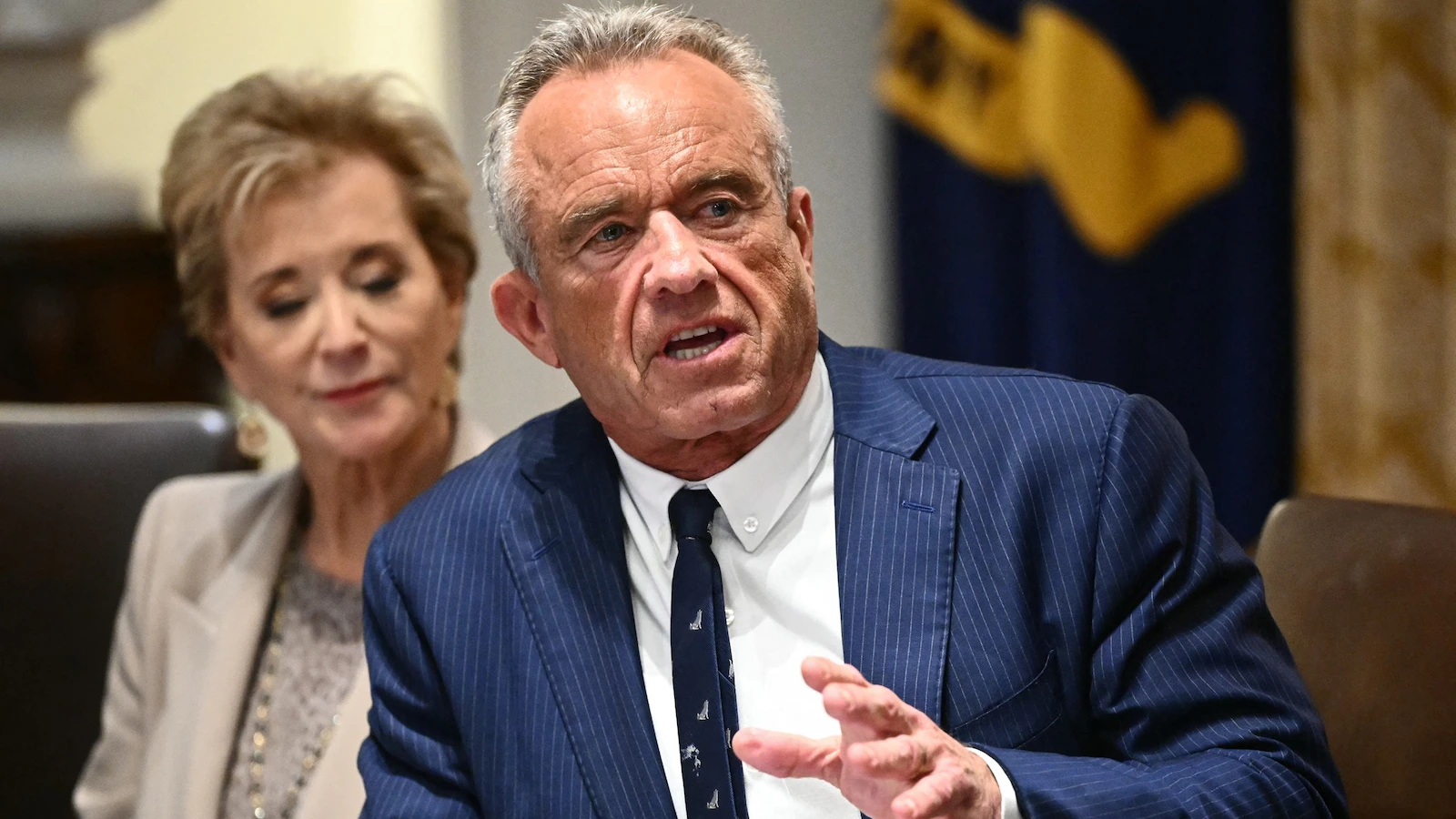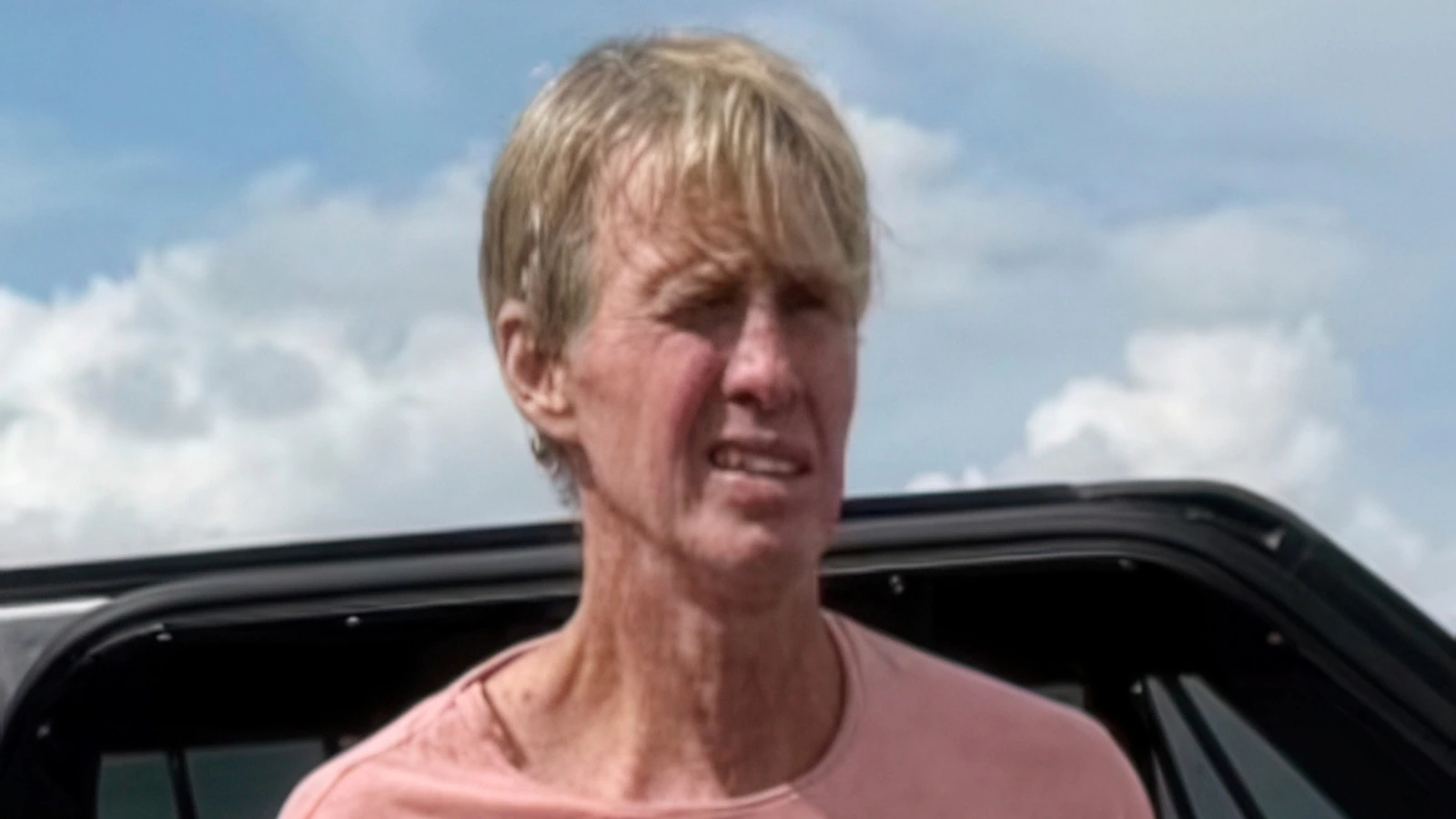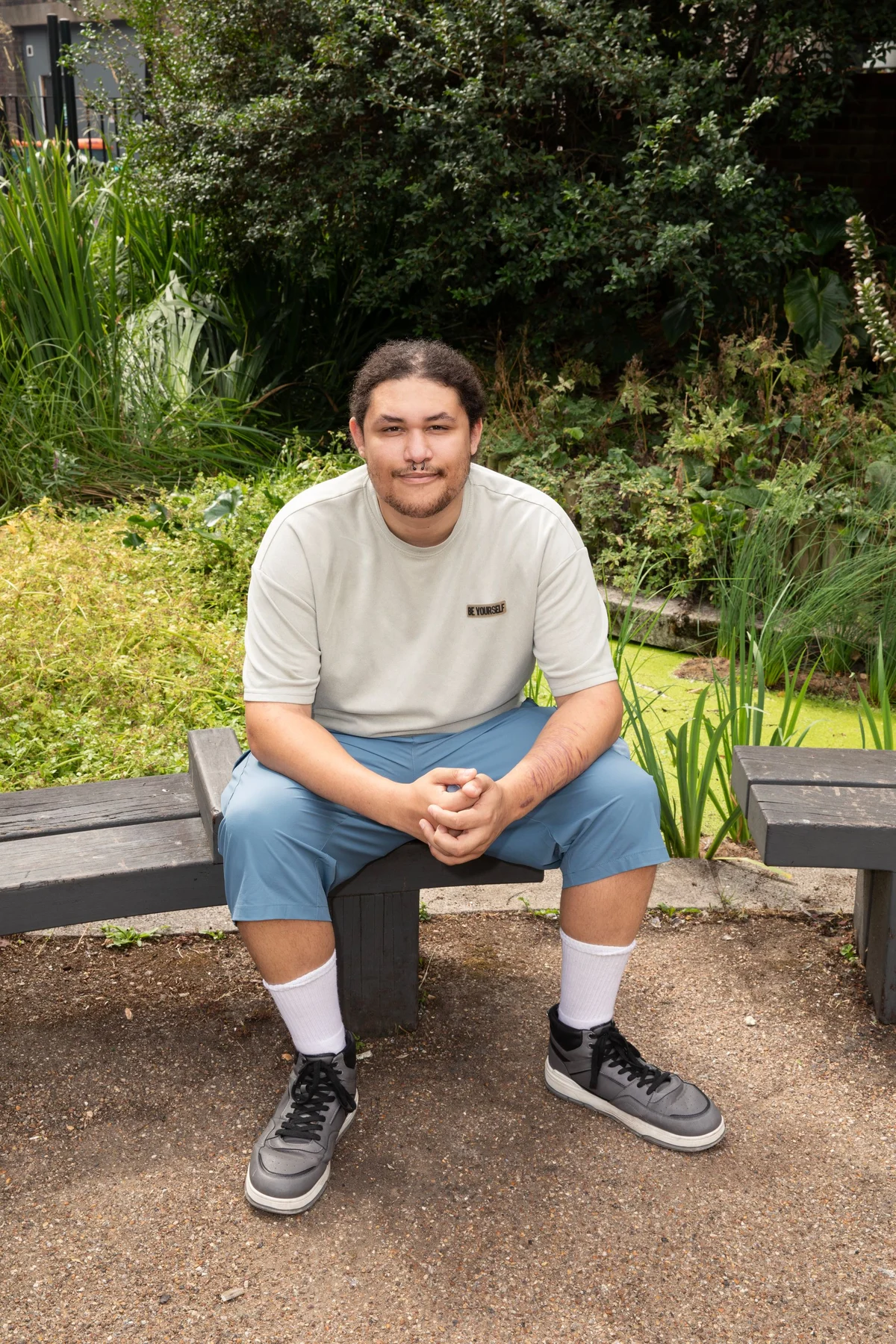
In the wake of the White House’s announcement on Monday of a potential link between acetaminophen use in pregnancy and autism, the administration also unveiled the launch of the Autism Data Science Initiative (ADSI).
Under the National Institutes of Health (NIH), the initiative will award $50 million to about a dozen projects looking at finding the causes of autism and improving outcomes for autistic individuals.
Some institutions, such as Boston Children’s Hospital, will look to identify environmental exposures that may lead to autism while others, such as Drexel University, will examine the of diet and its interactions with other exposures in the development of autism.
“Our Autism Data Science Initiative will unite powerful datasets in ways never before possible,” Dr. Jay Bhattacharya, NIH director, said in a statement when the initiative was announced. “By bringing together genetics, biology and environmental exposures, we are opening the door to breakthroughs that will deepen our understanding of autism and improve lives.”
Health and Human Services (HHS) Secretary Robert F. Kennedy Jr. has been determined to address what’s behind the rising rates of autism diagnoses in the U.S., which he has referred to as an “epidemic.”
Many researchers who work within the autism community say that scientists have been looking into the causes of autism for many decades and — although further studies are not unwelcome — they say funds may be better spent addressing treatments and interventions for autistic individuals.
“A lot of funding has gone into understanding causes, and this has been over decades, and we know that it’s a complex diagnosis, and so we see likely genetic and environmental factors playing a role,” Dr. Anna Krasno, clinical director of the Kegel Autism Center at UC Santa Barbara, told ABC News. “What we do know from research, and a lot of rigorous research, is that genetics play a very primary role.”
She continued, “It feels like we’ve done the work around the causal piece, and now we really need to be thinking about how to support autistic individuals.”
The HHS did not immediately return ABC News’ request for comment.
Funding treatment options
There are a number of treatments available for those with autism spectrum disorder, including behavioral, developmental, educational, social-relational, psychological and complementary, according to the Centers for Disease Control and Prevention (CDC).
Dr. David Mandell, a professor of psychiatry at the University of Pennsylvania’s Perelman School of Medicine, said the best evidence regarding autism treatment is for behavioral interventions, which include encouraging certain behaviors and improving pivotal skills such as initiating communication with others.
“We want to diagnose kids very early,” he told ABC News. “We want to get them into treatment and early intervention quickly. We want to get them speech therapy, occupational therapy, physical therapy, if needed.”
“We want them to receive interventions that improve their social communication and increase their tolerance for change in their environment, which are the two hallmark symptoms of autism, and we have many, many trials of related interventions that show that many autistic children improve when they get these treatments,” Mandell continued.
Mandell said there is more work to be done and more funding that could be used to identify and match children to the right treatment.
Mandell said he still needs to see more research on this subject, but he said he’s read about computing advances that look at a patient’s autism genes that could be matched to drugs that are already approved.
“The idea of tailored treatment, of looking at the specific genetic profile of an autistic child or adult and then thinking about what medications are related to that genetic pathway, I think that’s a very exciting area for exploration,” he said.
The administration announced on Monday that it was starting an approval process for a drug called leucovorin, despite limited evidence of benefit.
Leucovorin, which is typically used as part of cancer care, has shown early promise in a handful of small studies suggesting it may help the symptoms of some children with autism who have a specific genetic abnormality.
“We just need a lot more information before statements are made around in a definitive way about how this might be helpful for autism. … It would be highly unlikely there would be one thing that would help everybody,” Krasno said. “And what I tend to think more about is, how do we build support programs for individuals across the lifespan and help build skills to be successful in their lives?”
Improving outcomes for autistic adults
Krasno said that as autistic individuals transition to adulthood, they fall off a “services cliff,” meaning a lack of resources in adulthood.
“There really hasn’t been the acknowledgement that autistic children become autistic adults and they, say, seek higher education and they seek employment,” she said. “Perhaps moving to college, or some big transition, and there’s a significantly less amount of support.”
Mandell said that when autistic individuals hit between the ages of 18 and 21, the services that were available to support them no longer are.
“They are thrown into a completely different service system where they are, again, fighting for, negotiating for, services,” Mandell said. “And we need to be bolstering that adult service system for people across the spectrum, for people with very high support needs and people with lower support needs.”
Relitigating debunked claims of vaccines causing autism
Mandell, who is an investigator on one of the ADSI grants, said many of the projects selected by NIH are using existing data sets to try to find causes. He said there could be a value to looking at these data sets, but research into treatments should also receive funding.
“I don’t think this should be either-or,” he said. “We should be doing that research, and we should be putting funding into testing new treatments, thinking about services and supports that improve quality of life for autistic people and their families.”
Mandell said that, while he welcomes funding and research projects looking into the causes of autism, it matters what causes are being studied.
During Monday’s announcement, Kennedy said that researchers would be “closely examining” vaccines as a potential cause of autism.
The notion that vaccines cause autism was born out of a fraudulent 1998 study, hypothesizing that the measles, mumps and rubella vaccine caused intestinal inflammation, which, in turn, led to the development of autism.
The paper has since been discredited by health experts, retracted from the journal in which it was published, and its primary author, Andrew Wakefield, lost his medical license after an investigation found he had acted “dishonestly and irresponsibly” in conducting his research.
More than a dozen high-quality studies over decades have since found no evidence of a link between childhood vaccines and autism. However, Kennedy has held fast to this claim.
“We have two-and-a-half decades of rigorous, large-scale studies showing that whether you got vaccinated, the timing of your vaccine, which vaccines you got, or what preservatives were in those vaccines, they don’t cause autism,” Mandell said. “To relitigate, that means putting resources towards studies that could be put towards looking at treatments or looking at other more legitimate environmental causes or looking at services and supports and things that might improve quality of life.”
Kennedy also said on Monday that between 40% and 70% of mothers with autistic children believe their child “was injured by a vaccine” and said it was important to listen to those mothers “instead of gaslighting them.”
Mandell said it’s unclear where Kennedy obtained his figures. Mandell added that, if the numbers are true, he believes it’s due to unsubstantiated claims that have been propagated.
“The reason [mothers] think that is because people in authority, in positions of authority, have been telling them that, and they are using fake data to promulgate this false hypothesis,” he said. “When people started telling us that [vaccines cause autism] in the late 1990s and early 2000s, we did believe that, and we put lots of resources into studying it, and we did those studies and found that there was no causal link. So yes, we should lay this to rest.”



